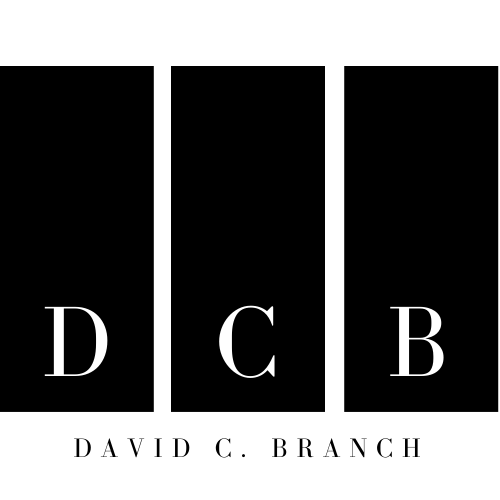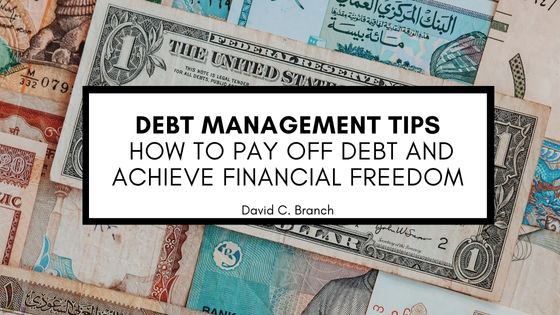Debt can be a significant burden on individuals and families, affecting financial stability, stress levels, and overall well-being. Whether it’s credit card debt, student loans, or other forms of debt, finding effective strategies to manage and pay off debt is essential for achieving financial freedom and peace of mind. In this blog post, we’ll explore practical debt management tips to help you pay off debt and take control of your financial future.
- Assess Your Debt: The first step in effective debt management is to assess your current financial situation. Take stock of all your debts, including balances, interest rates, and minimum monthly payments. Creating a comprehensive overview of your debt obligations will help you prioritize which debts to tackle first and develop a strategy for repayment.
- Create a Budget: Developing a budget is essential for managing your finances and paying off debt. Track your income and expenses to identify areas where you can cut costs and allocate more money towards debt repayment. Be realistic about your spending habits and set achievable goals for reducing discretionary expenses and increasing debt payments.
- Prioritize High-Interest Debt: When it comes to paying off debt, focus on tackling high-interest debt first. High-interest debts, such as credit card debt, can quickly spiral out of control if left unchecked due to compounding interest. By prioritizing high-interest debt, you can save money on interest charges and accelerate your progress towards debt freedom.
- Consider Debt Consolidation: Debt consolidation is a strategy that involves combining multiple debts into a single loan with a lower interest rate. This can make it easier to manage your debt and potentially reduce your monthly payments. Explore options such as balance transfer credit cards, personal loans, or home equity loans to consolidate high-interest debt and streamline your repayment process.
- Negotiate with Creditors: Don’t be afraid to negotiate with your creditors to seek more favorable terms for your debt repayment. Many creditors are willing to work with borrowers to lower interest rates, waive fees, or create customized repayment plans. Reach out to your creditors directly to discuss your options and negotiate a solution that works for both parties.
- Explore Debt Repayment Strategies: There are several debt repayment strategies you can consider to accelerate your progress towards debt freedom. The debt snowball method involves paying off debts in order of smallest to largest balance, while the debt avalanche method prioritizes debts with the highest interest rates. Choose the strategy that aligns best with your financial goals and motivation.
- Increase Your Income: Boosting your income can provide additional resources to accelerate your debt repayment efforts. Consider taking on a part-time job, freelancing, or exploring other opportunities to generate extra income. Use any additional earnings to make extra debt payments and expedite your journey towards financial freedom.
- Stay Motivated and Persistent: Paying off debt requires discipline, perseverance, and a positive mindset. Stay motivated by celebrating small victories along the way, tracking your progress, and visualizing the benefits of debt freedom. Recognize that paying off debt is a marathon, not a sprint, and stay committed to your goals even when faced with setbacks or challenges.
Effective debt management is essential for achieving financial freedom and building a solid foundation for your future. By assessing your debt, creating a budget, prioritizing high-interest debt, considering debt consolidation, negotiating with creditors, exploring debt repayment strategies, increasing your income, and staying motivated and persistent, you can pay off debt and take control of your financial destiny. Remember that every step you take towards debt freedom brings you one step closer to achieving your financial goals and living a life free from the burden of debt.

